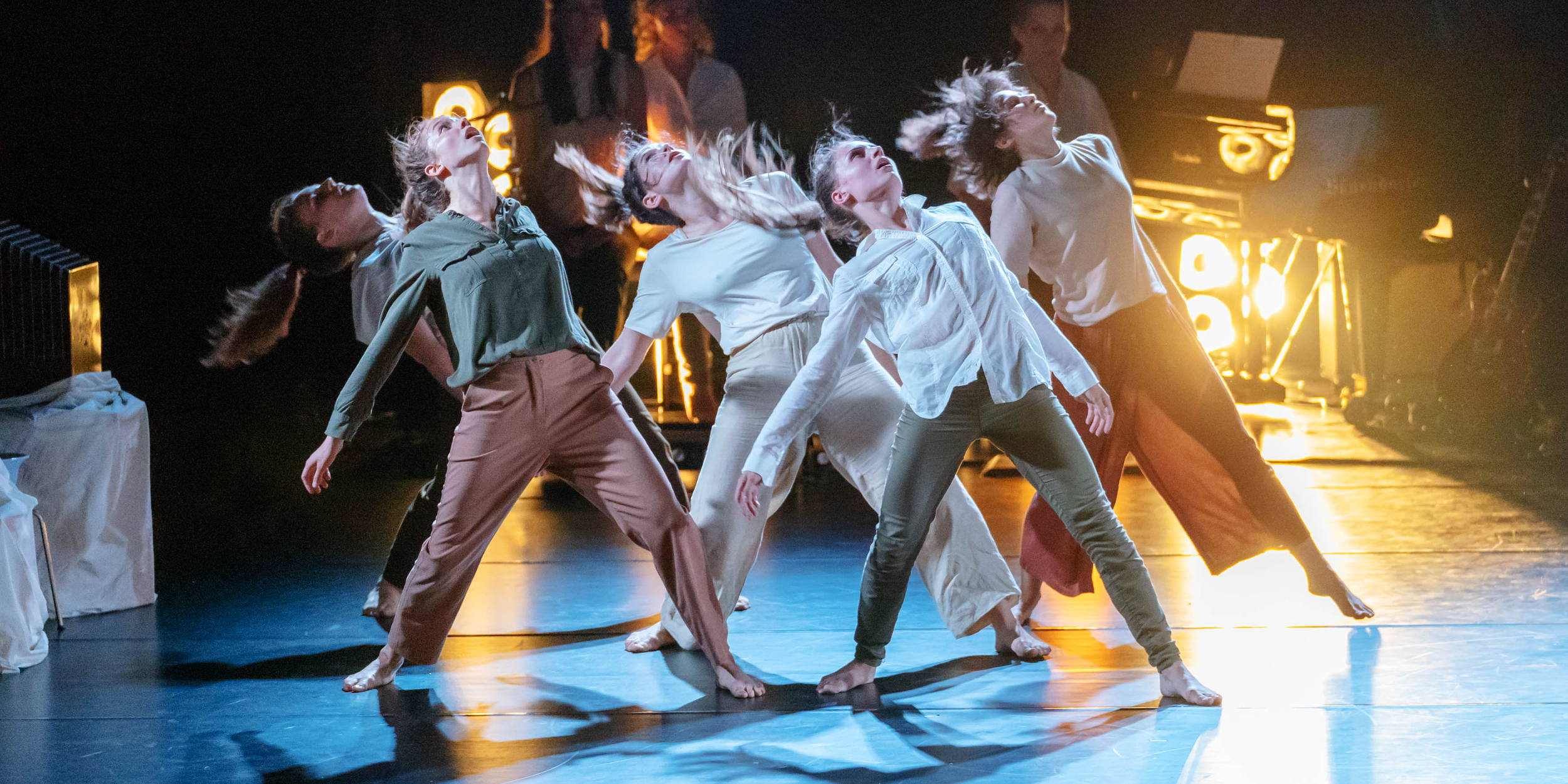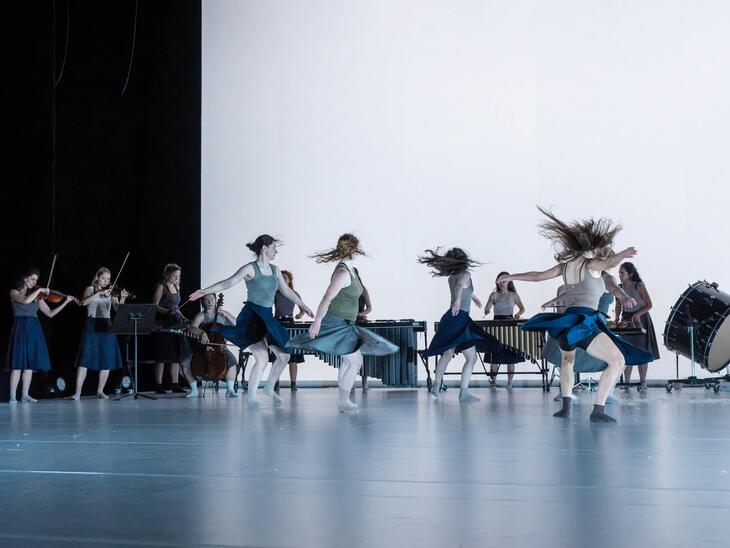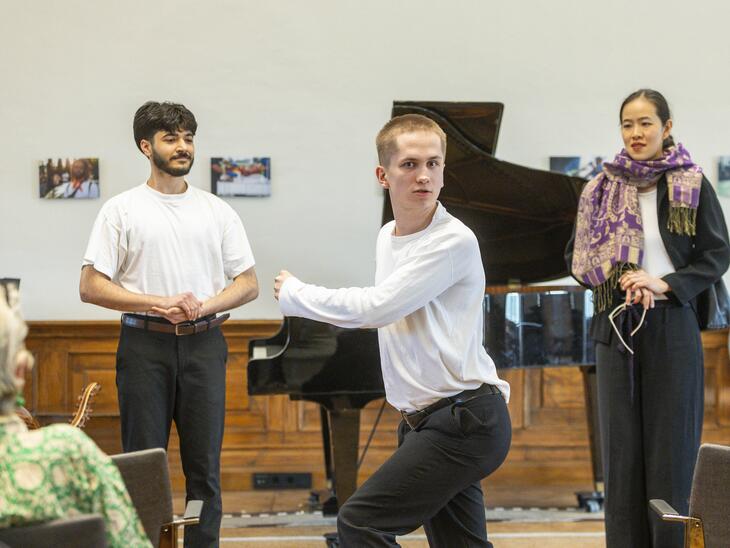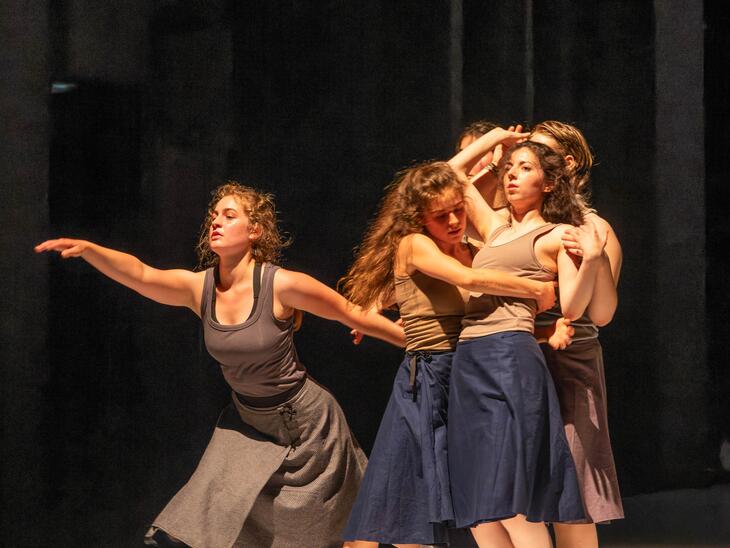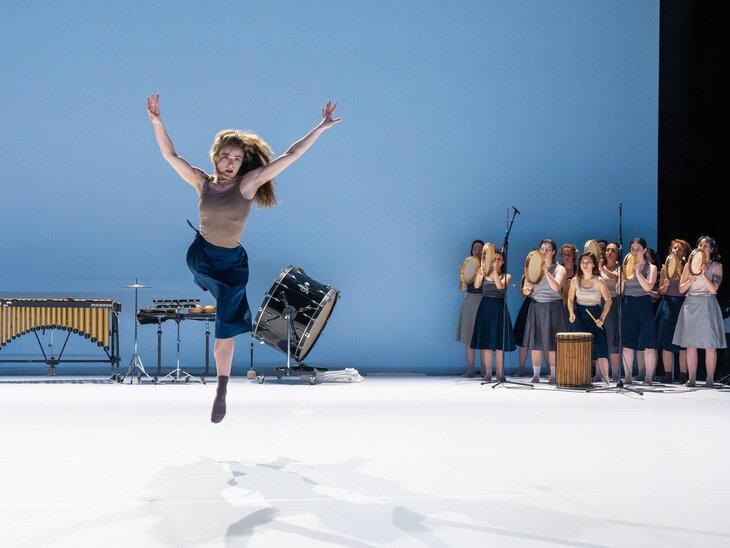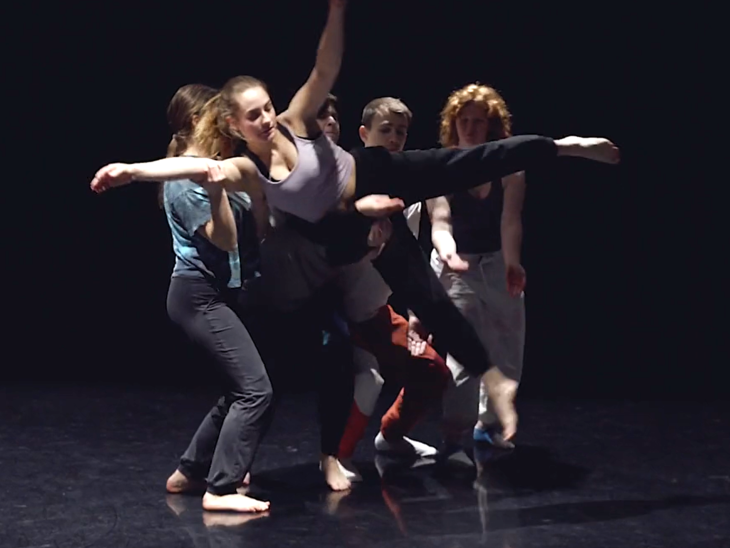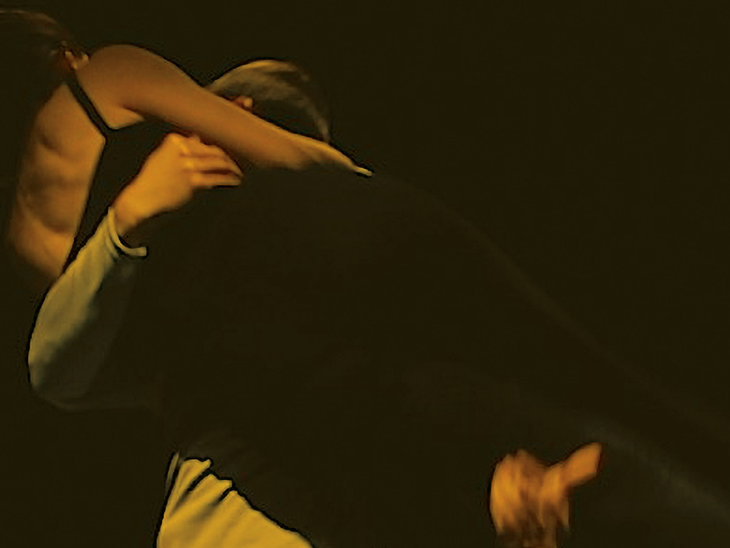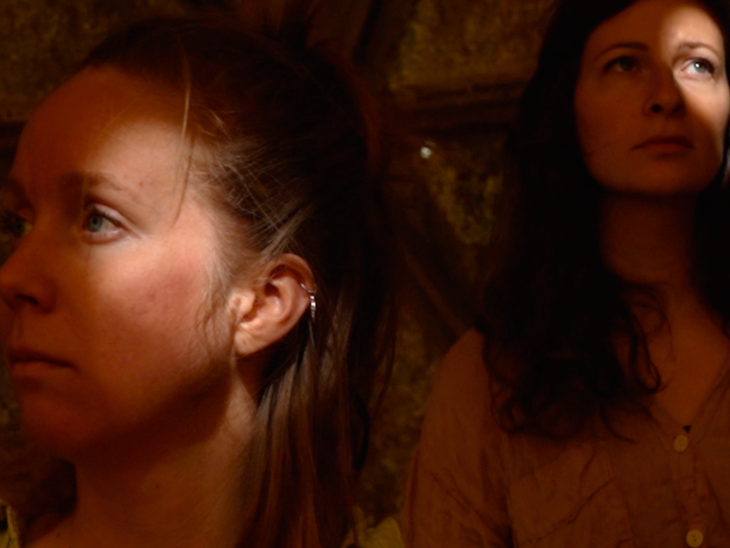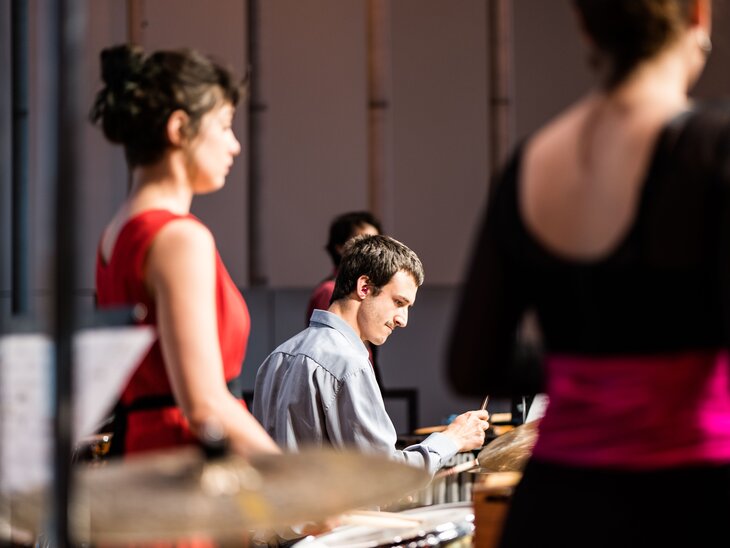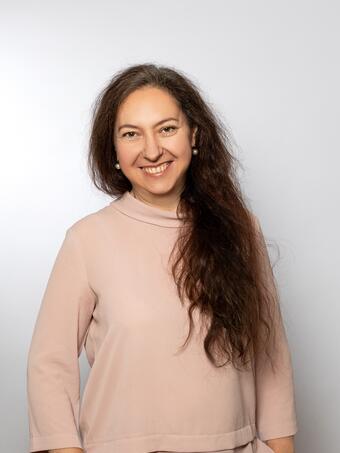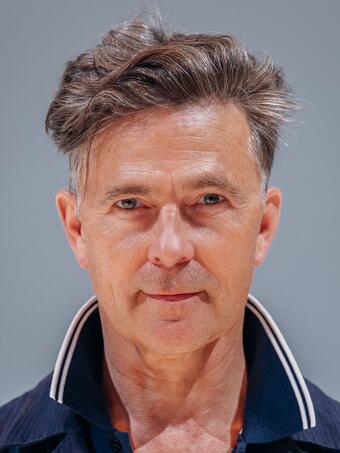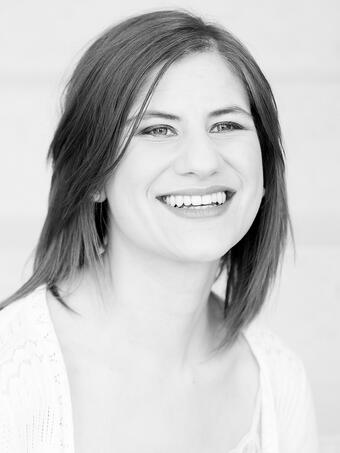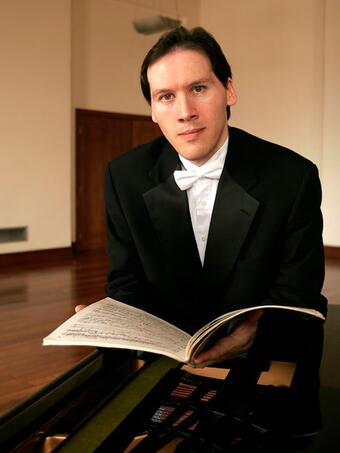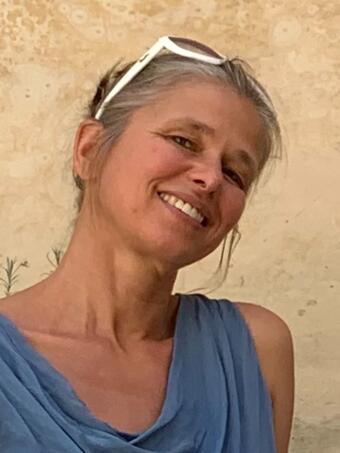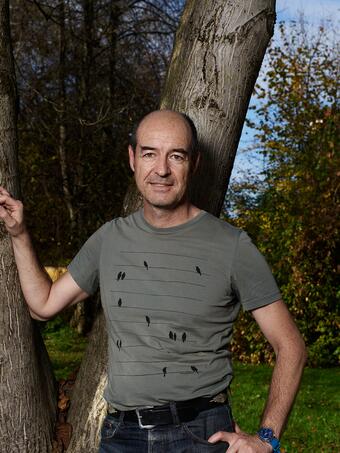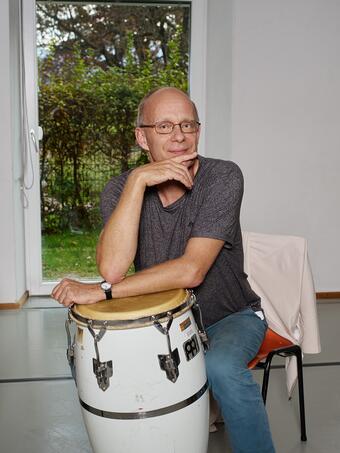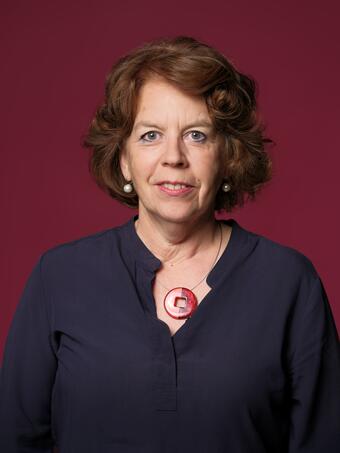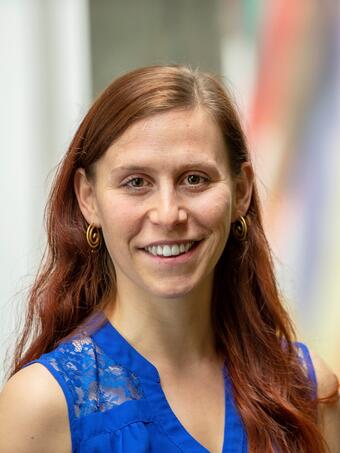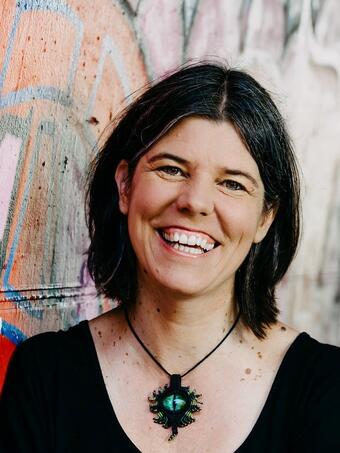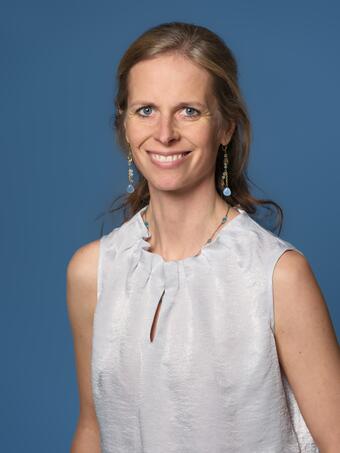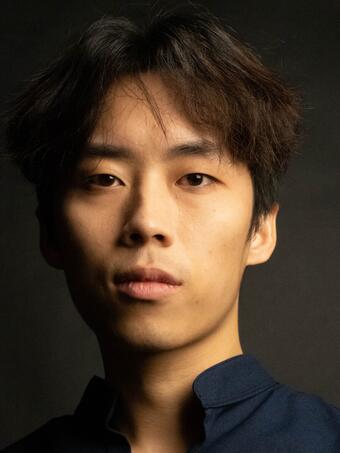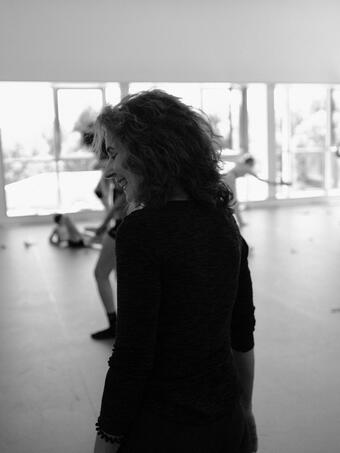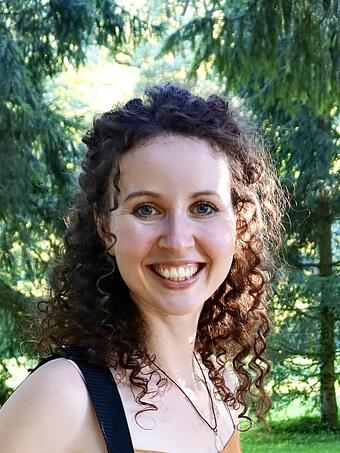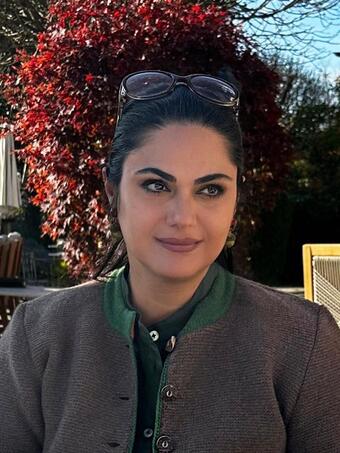Within the entrance examination, the following partial examinations must be passed:
A - Artistic audition (Music and Dance)
Requirements (music): Two moderately advanced pieces of different periods and characters must be performed (instrument or voice). The total performing time should be 5-10 minutes. The candidate will also be provided with an improvisation task by the examination panel, for which they will be given approx. 10min time to prepare before presenting their improvisation. This is followed by a short reflection on the artistic presentation, before the candidate is invited to give an oral statement about how they intend to shape their master's degree (e.g. setting a focus, project ideas) with regard to their musical studies and in the pedagogical and transdisciplinary context.
Requirements (dance): Participation in a dance technique class (contemporary), assessement in the group under the guidance of a teacher. Some elements of the assessment include: Guided warm up, realisation of movement material in a fixed position and moving through the room, rhythmic exercises, contact and spatial orientation exercises, variation and interpretation of movement material and improvisation. (Duration approx. 45-60 minutes.)
Performance of a prepared, individually designed movement/dance study on a topic of the candidate's choice, e.g. presentation of a movement-exploration or dance movement scene, with movement material to be chosen by the candidate. The study can be designed with or without music and/or include other elements supporting the performance (text, image, object, etc.). Duration: minimum 3 to maximum 5 minutes. This will be followed by a short interview with the examination panel, in which the candidate refelcts in their performance and the intention, process and sources of the movement material, its stylistic location will be discussed. The candidate should be prepared to perform a follow-up task if requested by the panel. The examination will conclude with the candidate giving an oral statement about how they intend to shape their master's degree (e.g. setting a focus, project ideas) with regard to their dance studies and in the pedagogical and transdisciplinary context.
B - Academic entrance examination
Upon arrival at the examination, candidates will be provided with selected text excerpts on theory formation in elemental music and dance education as well as related fields. Based on this, they should develop ideas for a possible research project (questions, theoretical contextualisation, relevance for EMTP), present them in writing and explain them orally (e.g. in the context of a discussion) (approx. 10-15 minutes).
C - Demonstration of pedagogical aptitude
Interdisciplinary teaching practice in the form of a teaching demonstration (approx. 15 minutes) followed by a reflection and discussion (approx. 10-15 minutes). Based on an impulse material (e.g. text) provided upon arrival at the examination, candidates are to design an interdisciplinary process (focus on music, dance, language) ad hoc with a group (students or applicants) and outline a plan for a further teaching unit.
D - German language skills
- Required language level: at least B2 (Common European Framework of Reference CEFR 2001)
- Information on the German examination as well as the recognised certificates can be found HERE
After passing Partial Examination A, candidates will be admitted to Partial Examinations B-D (possibly in a different order). The repetition of the sub-examinations A-C in case of failure is not permitted. The admission examination can only be repeated in its entirety and only in the next academic year. The admission examination can be repeated an unlimited number of times.

